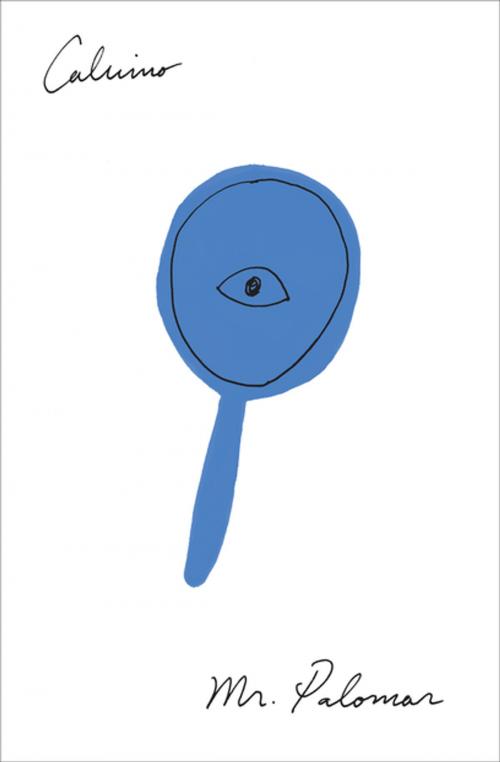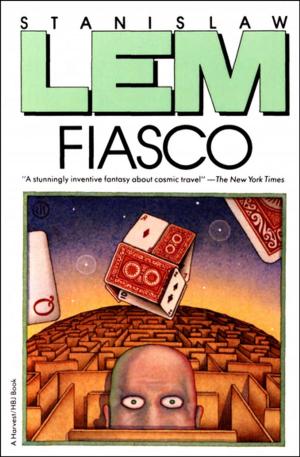| Author: | Italo Calvino | ISBN: | 9780547542386 |
| Publisher: | Houghton Mifflin Harcourt | Publication: | September 22, 1986 |
| Imprint: | Mariner Books | Language: | English |
| Author: | Italo Calvino |
| ISBN: | 9780547542386 |
| Publisher: | Houghton Mifflin Harcourt |
| Publication: | September 22, 1986 |
| Imprint: | Mariner Books |
| Language: | English |
A novel of a delightful eccentric on a search for truth, by the renowned author of Invisible Cities.
In The New York Times Book Review, the poet Seamus Heaney praised Mr. Palomar as a series of “beautiful, nimble, solitary feats of imagination.” Throughout these twenty-seven intricately structured chapters, the musings of the crusty Mr. Palomar consistently render the world sublime and ridiculous.
Like the telescope for which he is named, Mr. Palomar is a natural observer. “It is only after you have come to know the surface of things,” he believes, “that you can venture to seek what is underneath.” Whether contemplating a fine cheese, a hungry gecko, or a topless sunbather, he tends to let his meditations stray from the present moment to the great beyond. And though he may fail as an objective spectator, he is the best of company.
“Each brief chapter reads like an exploded haiku,” wrote Time Out. A play on a world fragmented by our individual perceptions, this inventive and irresistible novel encapsulates the life’s work of an artist of the highest order, “the greatest Italian writer of the twentieth century” (The Guardian).
A novel of a delightful eccentric on a search for truth, by the renowned author of Invisible Cities.
In The New York Times Book Review, the poet Seamus Heaney praised Mr. Palomar as a series of “beautiful, nimble, solitary feats of imagination.” Throughout these twenty-seven intricately structured chapters, the musings of the crusty Mr. Palomar consistently render the world sublime and ridiculous.
Like the telescope for which he is named, Mr. Palomar is a natural observer. “It is only after you have come to know the surface of things,” he believes, “that you can venture to seek what is underneath.” Whether contemplating a fine cheese, a hungry gecko, or a topless sunbather, he tends to let his meditations stray from the present moment to the great beyond. And though he may fail as an objective spectator, he is the best of company.
“Each brief chapter reads like an exploded haiku,” wrote Time Out. A play on a world fragmented by our individual perceptions, this inventive and irresistible novel encapsulates the life’s work of an artist of the highest order, “the greatest Italian writer of the twentieth century” (The Guardian).















